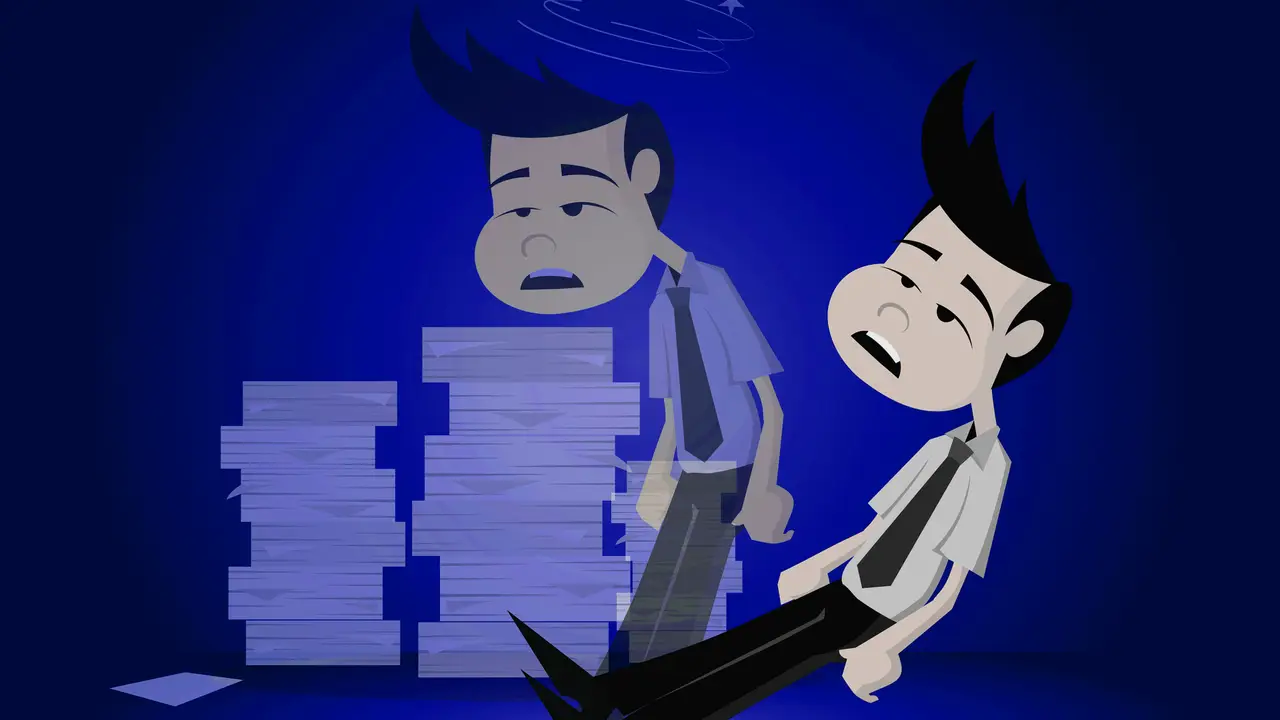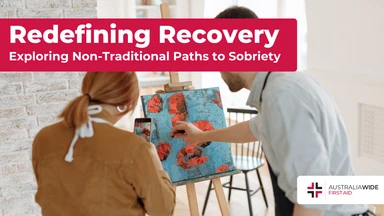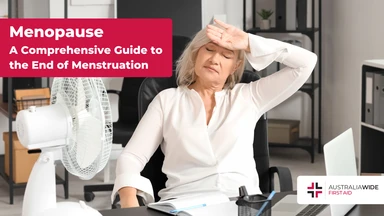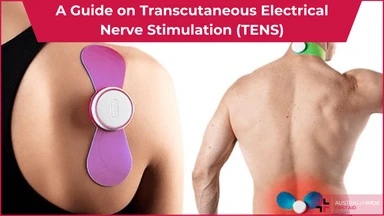What is hypotension?


Hypotension is a medical term used to describe the condition of abnormally low blood pressure.
Blood pressure is measured in units of mercury (mmHg) and represented by two numbers, one on top of the other. The first or upper value is called systolic pressure, the pressure in the arteries as the heart fills them with blood. The second or lower number is called diastolic pressure, the pressure in the arteries between beats, as the heart rests. Optimal blood pressure is less than 120/80 mmHg, while abnormally low blood pressure is less than 90/60 mmHg.
Low blood pressure in healthy people, without any symptoms, is not usually a concern. But low blood pressure that occurs suddenly and/or with symptoms, especially in elderly people, can indicate an underlying problem and lead to insufficient blood to the heart, brain, and other vital organs. Hypotension can cause dizziness, weakness, and blurred vision. More severe cases lead to loss of consciousness and can be life-threatening.
It is important to note that your blood pressure usually varies throughout the day, and it can depend on what you're doing and how you're feeling at any particular time.
Low blood pressure can also be symptomatic of a fit and healthy lifestyle, especially if it occurs without any symptoms and does not linger for days on end.
In saying that, low blood pressure can be caused by hereditary factors, and it can even develop as a person gets older.
Low blood pressure can also be caused by:

Here are some things you can do to alleviate low blood pressure symptoms:
Here are some things that may trigger low blood pressure symptoms:
Treatment will depend on the cause. Depending on the cause found by your doctor, recommended treatment might include:
Prescribing medicine to increase blood pressure is rare. Simple lifestyle measures and treating underlying causes are usually effective.

March 25, 2025
Explore non-traditional paths to sobriety, including mindfulness, yoga, nutritional therapy, and community-based support, for a personalized approach to recovery.

September 7, 2022
Menopause is the final period, when a woman, trans man, or non-binary person assigned female at birth's ovaries run out of eggs and the body can no longer ovulate. Menopause comes with several symptoms, complications, and treatment options.

July 26, 2024
Transcutaneous Electrical Nerve Stimulation (TENS) is a therapeutic method of pain relief. It utilises an electrical device that emits electrical currents and streams the impulses via electrode patches attached to the skin.